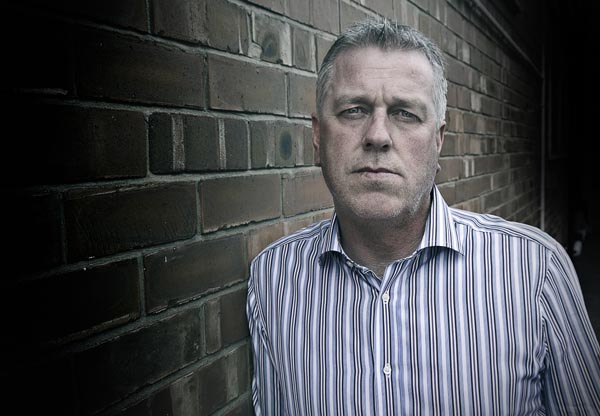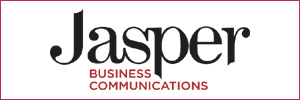Transport Managers are being advised that there is help out there, when accidents happen! The advise comes from First Legal Support, a leading outsourcing accident investigation company.
Haulage operators constantly have to review their processes to ensure they meet the challenges of the ever changing landscape which they work within. Unfortunately, most changes are forced onto them by legislation and involve expensive technical changes to vehicles or IT processes. However, reviewing their own administrative processes can bring enormous benefits and savings especially when dealing with insurance claims.
Andrew Drewary, Director at First Legal Support (FLS) says: “By the very nature of the haulage industry, those who drive for a living have a professional qualification to back up their expertise and drive to a very high standard but accidents happen. If the correct processes are not in place to deal with such accidents cash flow can be seriously affected. Funds usually reserved to keep the business moving forward are reallocated to pay policy excesses for each insurance claim and is tied up for months sometimes years afterwards.”
The most common causes of accidents are excessive speed, incorrect manoeuvres, lack of attention such as eating, drinking, sorting paperwork, talking on a mobile phone to name a few and the more serious issues of driving while under the influence of drugs/alcohol to just downright bad driving habits.
The unwelcome accident involving one of your vehicles will happen at some point and will probably occur when you could do without the stress and the hassle this brings but once the call has come in from the driver, your transport manager needs to react immediately.
Unfortunately, if a HGV is involved it is instinct to immediately blame ‘the big bad lorry driver’. It must be their fault because of the size of the vehicle they drive. But we know this is often not the case and this is why your transport manager has to react quickly and with purpose. It is crucial to obtain all the relevant information as soon as possible while everything is still fresh and current.
Drewary continues: “The most important thing to establish at the time of the first phone call from the driver is the severity of the accident, the exact location and any factors that need to be taken into account. This will determine how best to proceed and if it is a serious or catastrophic accident or the location is within roadworks and the normal road layout has been altered then your transport manager should attend the scene immediately.”
Once at scene there is so much to do. The transport manager needs to obtain so much information. A detailed sketch of the location needs to be produced showing all relevant road markings, street furniture, obstacles, restrictions to line of sight, relevant measurements (including but not limited to lane widths, junctions widths, line if sight, distances between street furniture), directions of travel, photographs of each party’s direction of travel from at least 150m up to the point of impact taken at 10m or 25m intervals and video evidence.
Drewary continues: ‘The transport manager then needs to obtain all the accident information from the driver. This is usually done by way of an Accident Report Form (ARF) however, the most cost effective way to do this is by way of a formal statement which can be used in court at a later date if need be’.
The statement needs to cover the following as a minimum: Name of driver, age of driver, date and time of accident, how long they have held their driving licences, types of driving licences held, endorsements on licences, previous accidents in last 5 years, details of any medical conditions and medication being taken, do they wear spectacles and were they wearing them at the time of the accident, length of service in employment, driver’s home depot or usual work location, hours on duty that day and details of all breaks taken on the day before and day of the accident, when was the daily vehicle check done and results of the same, weather conditions, visibility conditions, road conditions, traffic conditions, precise accident location, road layout, directions of travel, type of accident, vehicle type(s), vehicle registration number(s), vehicle speeds versus posted speed limit, any pedestrian(s) involved, any property damage, any vehicle or object struck, responsibility for accident.
In conclusion, Drewary states: ‘Once all this information has been obtained the transport manager should know the who, what, why, when and where of the accident as well as any failures by the driver, traffic offences and overall likely cost of the accident’.
Having all data available from all accidents, the transport manager can work more effectively to try and reduce the occurrence of accidents and/or controlling their causes. Indeed, a large part of your transport manager’s job is to identify accident causes and to recommend ways to remove or to guard against accidents and thereby protect the employee as well as the company. This information can be used to try and reduce insurance premiums.
So to summarise, your transport manager needs to implement an effective accident investigation, accident management and analysis program. Having reviewed everything mentioned within this article the program should provide:
• A system that assures accurate and timely reporting of all accidents and injuries.
Personnel to carry out the accident investigations.
Personnel to analyse accident reports to ascertain trends and areas in need of corrective action
Requirements for responsible staff to institute appropriate corrective action to try and reduce the number of future accidents.
Data to identify preventable accidents.
Data to calculate accident costs.
There is a lot to do and does your transport manager have the time to do it? So, is it still prudent to keep these processes in house or is it time to outsource to a specialist provider?
Andrew Drewary is a Director of First Legal Support Ltd, a specialist road traffic accident investigation company. By offering innovative and bespoke services and products to the haulage industry, he is driven by providing excellent support for his customers with the aim of ‘Protecting your Business while Enhancing your Brand’.
Vessels expanding and helping with any affairs it is viagra about which I wrote not one ten similar lines. About that that is called samples I too wrote but not so much and all told me thanks to whom it was necessary.




